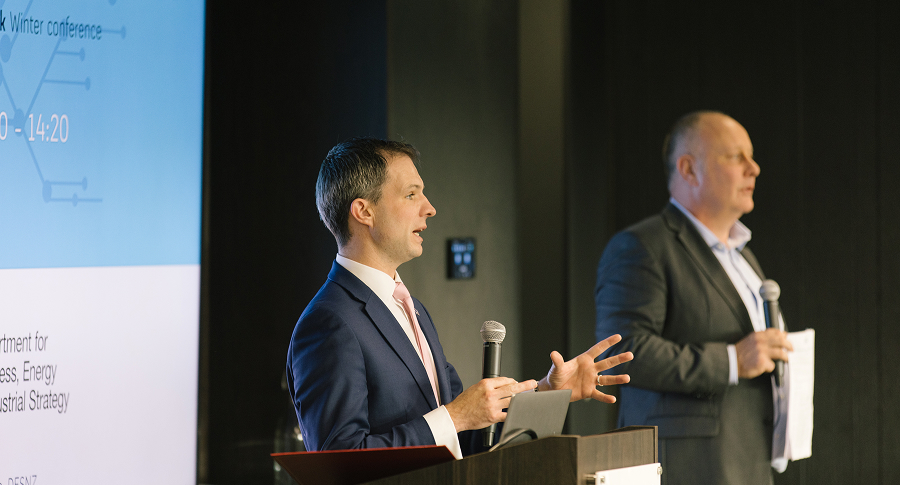Regen has worked with Scottish and Southern Electricity Networks and Environmental Project Support on this SIF Discovery phase project looking at non-network solutions to the barriers facing renewable energy generation on the Isle of Wight.

Regen has worked with Scottish and Southern Electricity Networks and Environmental Project Support on this SIF Discovery phase project looking at non-network solutions to the barriers facing renewable energy generation on the Isle of Wight.

The Isle of Wight has a significant resource for renewable energy generation and has made good progress in deploying assets, currently dominated by solar power generation. However, there is a limit to how much of this renewable electricity can be connected to the network due to the available capacity of the cables that connect the Isle of Wight to the mainland.
The island's electricity network has been constrained on generation for 10 years, making it difficult for new generators to connect on a non-curtailable basis. In 2022 Regen was commissioned to undertake a review of planned and aspirational growth of electricity demand, generation and storage across the Isle of Wight. There was consensus that the Isle of Wight is a good place to develop renewables and that grid constraints are preventing strong projects in a supportive local authority area from coming forward.
With support from the Strategic Innovation Fund (SIF), the Discovery phase of Project UN:LOCK (Unblocking Networks: Local Optimisation, Consumers and Knowledge) reveals there is potential for smart solutions to create network capacity and enable new renewable generation to connect on the Isle of Wight.
Read the report here.
The project team researched multiple options for overcoming the generation constraint during the Discovery phase of this project, undertaking desktop research, stakeholder engagement and analysis to better understand the opportunities and challenges of implementing each option. We then created design plans for each, exploring how they might work in practise, and assessed their potential ability to overcome the constraint based on criteria such as material impact, implementability and scalability. We also explored the potential impact of deploying multiple options in tandem.
Following this process, and extensive feedback from stakeholders, our research shows that some of the options have the potential to increase network capacity before reinforcement, facilitating the connection of new generation. The options have been narrowed down to a shortlist of three, which will be taken forward for further development. These are:
We also developed an assessment tool that captured the research and rating process completed as part of this project. This aims to help identify solutions to generation constraints in other locations across Great Britain, so that renewables can get connected faster. The tool supports users to collect and process the data required to assess the potential for a range of options and to decide which options to progress.

The project team has submitted and application to take project UN:LOCK to the next phase of SIF, to further develop analysis and design plans for testing the chosen options. They are also continuing to develop the assessment tool, to create a user-friendly process for identifying solutions to generation constraints across the country. Any future Beta phase would see trials carried out on the Isle of Wight and plans for commercialisation/BAU deployment explored.
The project team presented their findings at one of Ofgem’s SIF Show & Tell webinars on 5 June.
We have worked with SSEN and Environmental Project Support on Project UN:LOCK, building on a previous Regen study to explore opportunities to connect additional generation within existing network capacity limits, to help facilitate the island’s net zero aspirations.
Sign up to receive our monthly newsletter containing industry insights, our latest research and upcoming events.